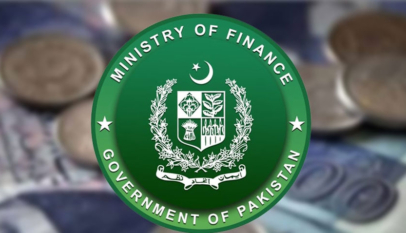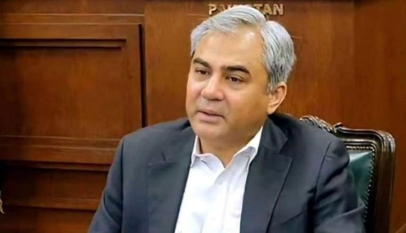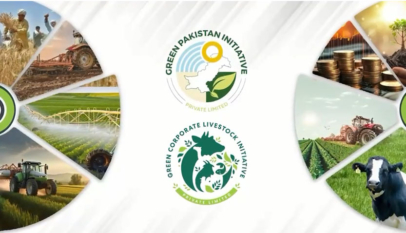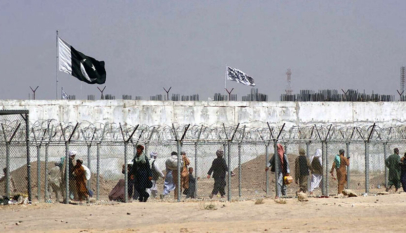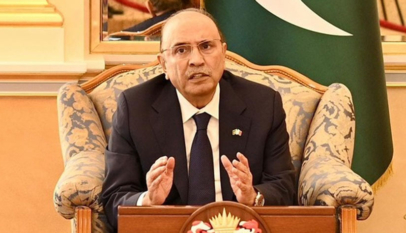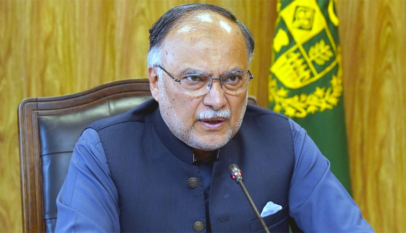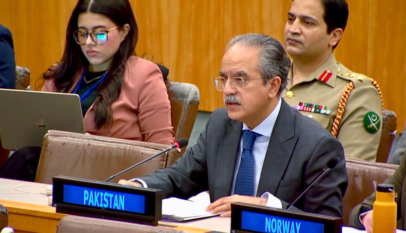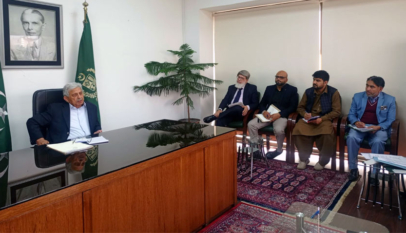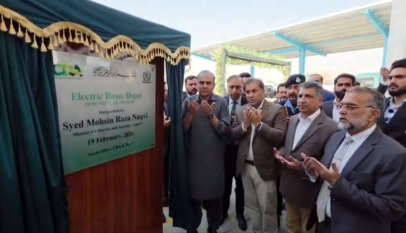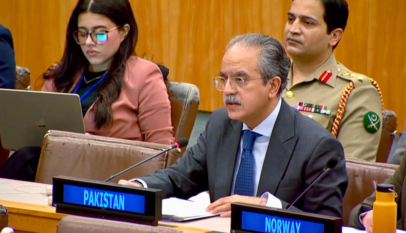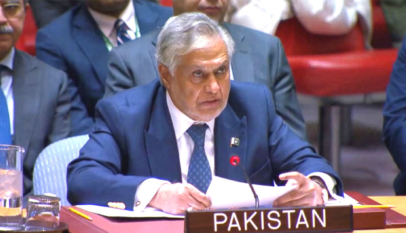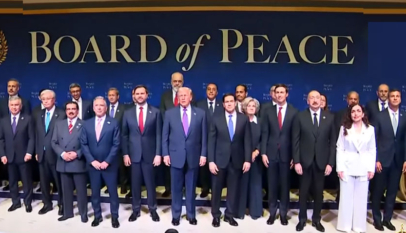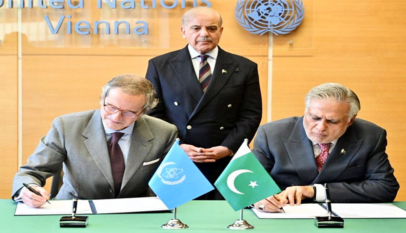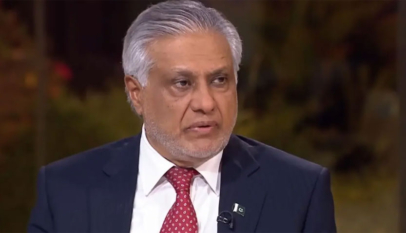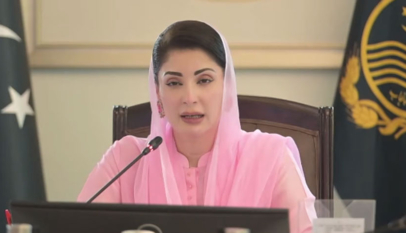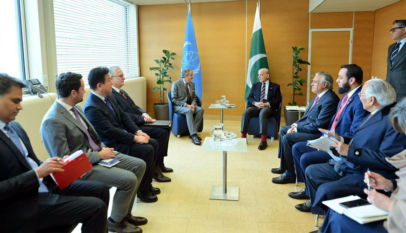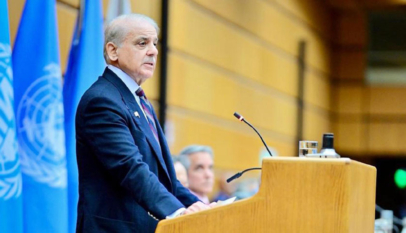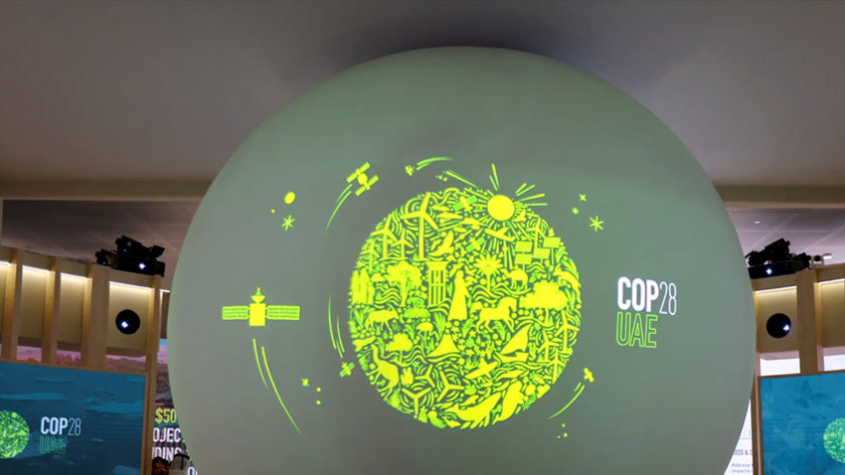
Pakistan is all set to plead its case in COP28
In a press release issued by the Ministry of Planning today, it said that the Ministry aligns further of Pakistan with the blueprint for a sustainable future.
In the face of escalating climate challenges, Pakistan, a country contributing less than 1 percent to global greenhouse gas emissions, is confronting an outsized battle against climate adversities.
Pakistan’s vulnerability to climate change is starkly evident. The World Bank notes that the country’s exposure to extreme weather events has risen dramatically, with the recent floods in Balochistan exemplifying this trend. These floods not only devastated communities but also highlighted the urgent need for climate-resilient strategies.
This disproportionate impact of global climate change on Pakistan has garnered attention at international forums like COP28, where the nation’s efforts and challenges will be under global scrutiny. Despite its minimal contribution to global emissions, Pakistan stands at the forefront of experiencing the harsh realities of a warming planet.
The Ministry of Planning, Development, and Special Initiatives is aligning the future of Pakistan with the blueprint for a sustainable future, presented by the Ministry of Climate Change and Environmental Coordination. The NAP 2023 is structured around six key pillars, each focusing on a critical area of climate adaptation and resilience.
These pillars are include Water Resources Management: Focusing on sustainable management and utilization of water resources to ensure water security in the face of changing climate conditions. Agriculture and Food Security: Enhancing the resilience of the agricultural sector to climate change impacts, ensuring food security, and promoting climate-smart agricultural practices.
While the world looks to COP28 for leadership and commitment, Pakistan’s story is a reminder that every action counts. From large-scale projects to community-level initiatives, the journey towards a sustainable and resilient future is a collective one. In this endeavor, Pakistan stands as a testament to what can be achieved with vision, commitment, and collective action in the face of climate diversity.






